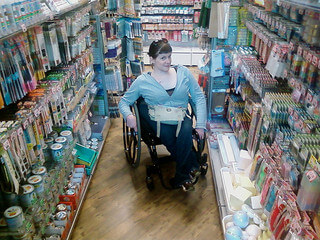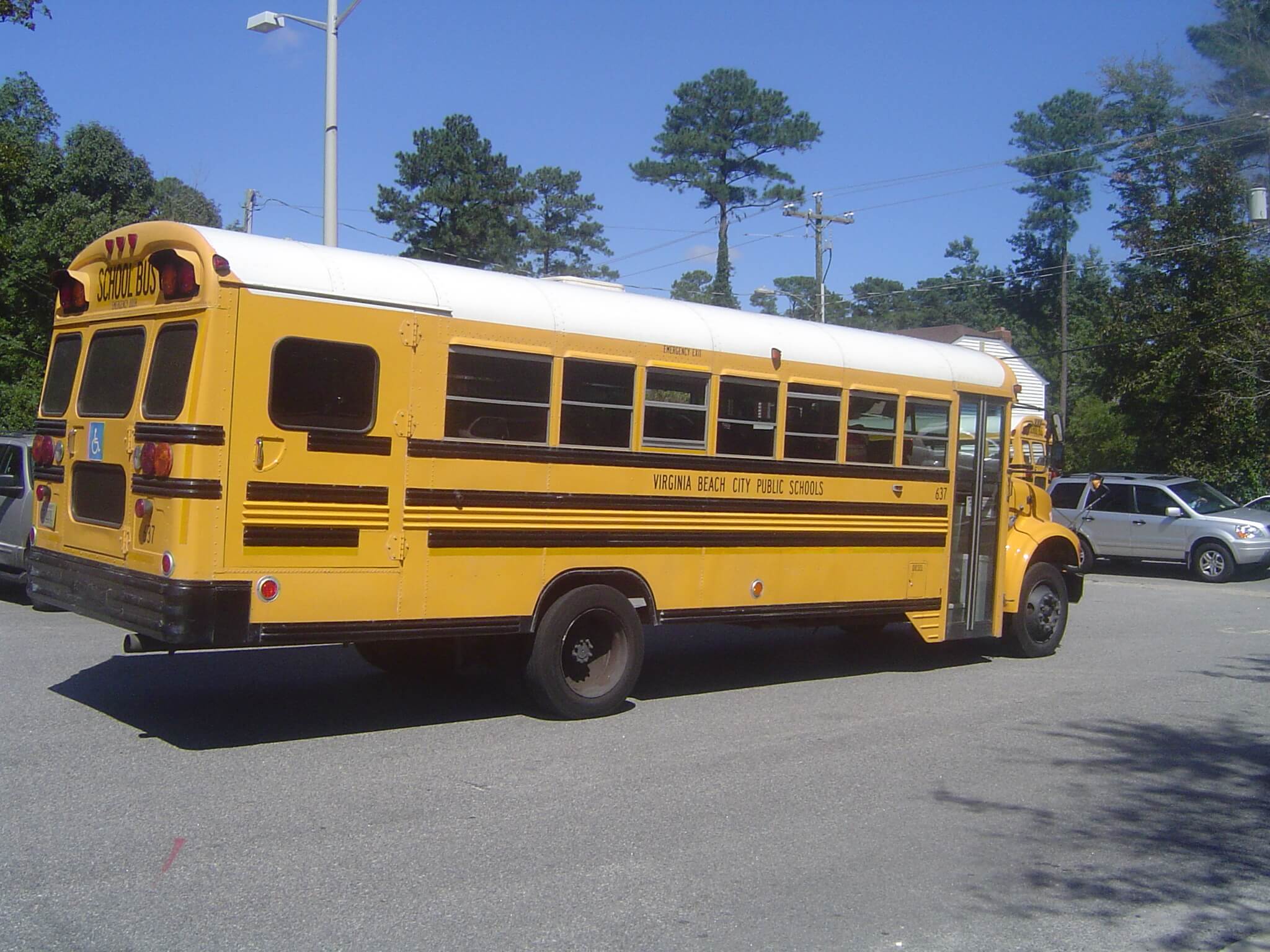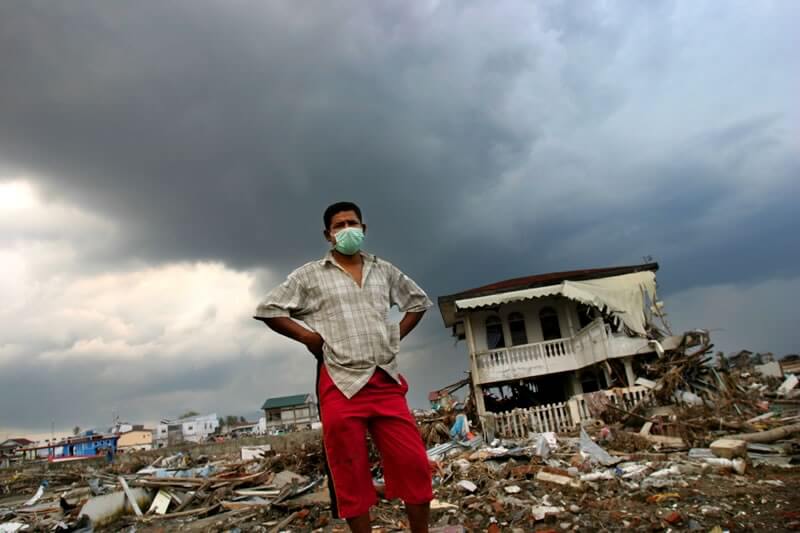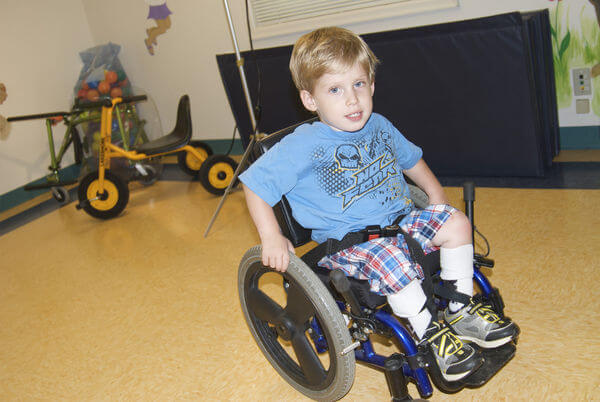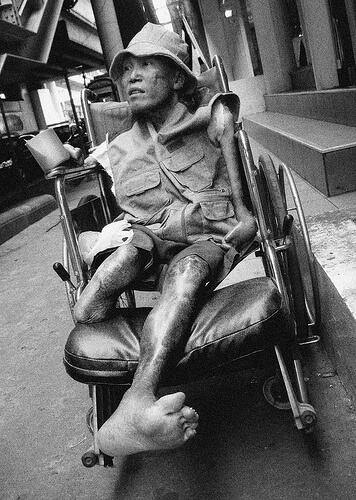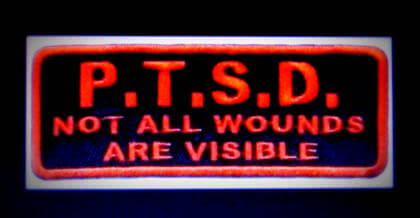The Mobility Resource Blog
Advocacy
10 Epic Examples Of Big Brands Practicing Inclusion In Advertising
It’s not every day you see someone with a disability in the center of an ad campaign. bBut every once in awhile, a great commercial featuring a person with a disability comes along, and the good news is that there are several impressive examples.
Can We Agree To Disagree? — Respecting Differences In The Disability Community
Since starting the journey of blogging about disability, I’ve received so many poignant and engaging comments on my posts. I’ve been supported and encouraged, as well as challenged to think in new ways.
Expert Advice on the Importance of Self-Advocacy
As a young girl with severe juvenile rheumatoid arthritis, Deserae Constantineau often relied on her mother to ensure her healthcare needs were met and that she received necessary accommodations at school.
12 Things Every Business Can Do Right Now to Better Serve People with Disabilities
A smart business strives to appeal to as many customers as possible and customers with disabilities love to shop and spend money as much as the next guy. There are over 48.9 million living with a disability in the U.S.
Parents: 5 Ways to Better Advocate for Your Child During the IEP Process
Parents, I acknowledge the difficult position the IEP process puts you in. I didn’t always, but time brings maturity. You fight with the school on your child’s behalf while at the same time you could find yourself fighting with your child, especially tweens and teenagers. Trying the following strategies should help give you an edge against difficult school officials and also avoid family fighting.
Emergency Management Officials: Listen to People with Disabilities, Involve Us in Emergency Management Plans Or Pay the Price
Disasters and emergencies seem to be happening with greater frequency, making emergency planning and management a critical task for every jurisdiction. While emergency planners often seek input from varius sectors of the community, there is one group that is almost always left out of the conversation – people with disabilities. Though Hurricane Katrina showed the tragic consequences of such actions, it seems that jurisdictions around the nation haven’t learned the lesson.
Are You Too Disabled To Be An Activist? (Probably Not)
I’ve been a fiery activist for causes that I believe in, primarily the rights of people with disabilities, since before I knew what an “activist” was. I was in grade school the first time I exercised my power as an activist. The administration had casually suggested canceling a traditional field trip that all the students were looking forward to because of the extra expense of renting a wheelchair accessible van for me–the one and only physically disabled student who used a wheelchair due to a condition called Osteogenesis Imperfecta. With all the force of my fragile, 20-pound, foot and a half long body could muster, I let the administration know that if they canceled our field trip that I would tell all the local newspapers that they were being “mean!” Needless to say, my class went on our field trip and the administration never made another foolish suggestion like that again.
10 Things I Wish Were Different About the ADA
The Americans with Disabilities Act (ADA) gives people with disabilities basic civil rights that are often taken for granted by others. Though far-reaching in its scope, there are a number of issues that were either poorly addressed or not considered even in the ADA Amendments Act (ADAAA), which was signed into law in 2008 and took effect in January, 2009. After polling some of my friends in the disability and activist communities, I created this list of things that I (and others) wish were different about the ADA. Some are controversial and some might even be covered by the ADA but are so poorly enforced that they may as well not exist. Who knows, though? Perhaps these items can be incorporated or strengthened in another amendment in the future.
9 Disability Related Charities You Should Never Support or Donate To
Nine disability-related charities were ranked among the 50 worst in the country in a recent study.
Helping Vets With PTSD: 4 Holistic Initiatives You Might Not Know About
When my friend’s brother (I’ll refer to him as Sam) returned from Iraq, he stayed in isolation in his room for some months, only leaving to meet infrequently with a few friends. He ate his meals in his room and watched TV and that was it. He rarely changed his clothes and he wore the same bandanna day in and day out. One day, his mom, my friend, said something about it. Sam, raged at her, screaming, “My buddy got blown up in front of me and it’s his blood I’m wearing. Nobody washes this.” His mom said nothing more; she understood as did his siblings and his dad. He took off the bandanna when he was ready months later; it remained unwashed and blood soaked, hanging on a dresser mirror for over a year. Then he finally burned it on his own one night.
- 1
- 2




